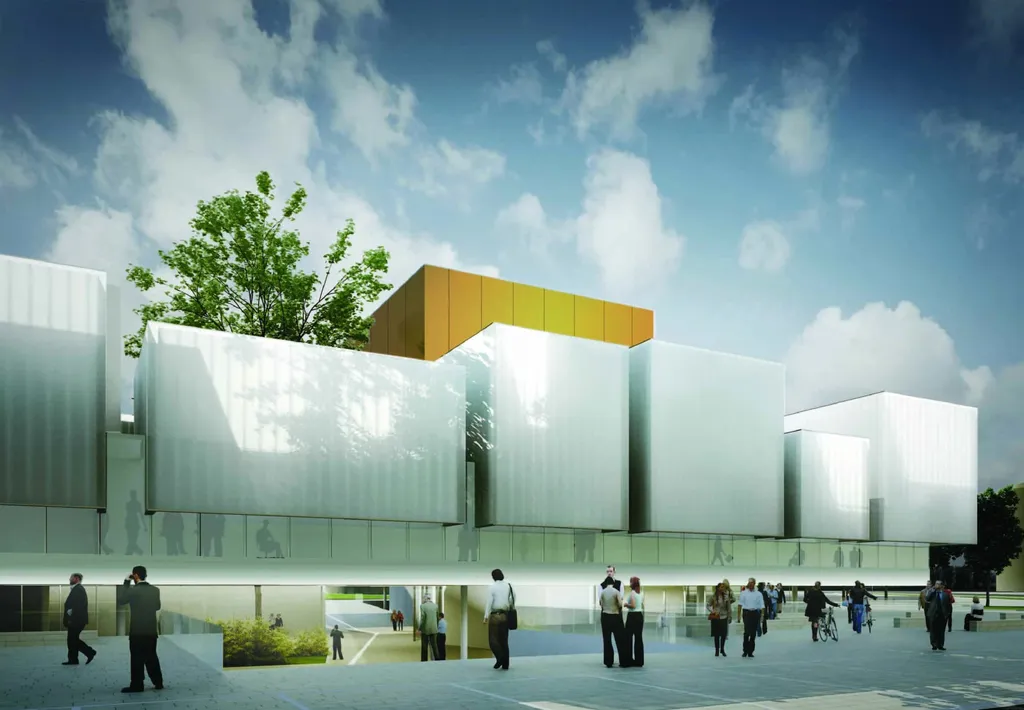In the quest for sustainable and energy-efficient construction materials, a team of researchers from the Polytechnic University of Madrid, led by A. Zaragoza-Benzal, has made a significant breakthrough. Their innovative approach combines natural and recycled resources to create a lightweight gypsum composite material that promises to revolutionize the construction industry.
The study, published in the journal *Materiales de Construccion* (translated to English as *Construction Materials*), introduces a novel composite material developed under circular economy principles. By integrating recycled expanded polystyrene into a gypsum matrix reinforced with fibers, the researchers have achieved a remarkable reduction in raw material consumption—up to 18.2%. This reduction in material use translates to a 31.7% decrease in density, making the composite significantly lighter than traditional gypsum.
One of the most compelling aspects of this research is its impact on thermal performance. The new material exhibits a 47.2% reduction in thermal conductivity compared to conventional gypsum, a feature that significantly enhances the energy efficiency of construction systems. “This improvement in thermal resistance—up to 21.1%—can lead to substantial energy savings in buildings,” explains Zaragoza-Benzal. “It’s a game-changer for the energy sector, particularly in regions where heating and cooling costs are a major concern.”
The mechanical properties of the composite material have also been thoroughly evaluated, ensuring they meet the minimum regulated requirements. This means that the material is not only more sustainable and energy-efficient but also reliable and safe for construction purposes. Additionally, the researchers conducted a comprehensive physico-chemical characterization and microstructure analysis, providing a holistic understanding of the material’s performance.
Safety is another critical aspect addressed in the study. The team assessed the material’s behavior under fire conditions, analyzing the emissions released to ensure they pose minimal hazard. This thorough evaluation underscores the material’s potential for widespread adoption in various construction applications.
The implications of this research are far-reaching. As the construction industry continues to seek sustainable solutions, the development of lightweight, energy-efficient materials like this gypsum composite could become a cornerstone of future building practices. “This material represents a significant step forward in our efforts to create more sustainable and energy-efficient construction systems,” says Zaragoza-Benzal. “It’s an exciting time for the industry, and we’re proud to be at the forefront of this innovation.”
The study’s findings not only highlight the potential for reducing energy consumption in buildings but also demonstrate the viability of using recycled materials in high-performance construction applications. This dual focus on sustainability and performance is likely to influence future research and development in the field, encouraging further exploration of circular economy principles in material science.
As the construction industry grapples with the challenges of climate change and resource depletion, innovations like this lightweight gypsum composite offer a beacon of hope. By integrating recycled materials and enhancing energy efficiency, this research paves the way for a more sustainable future in construction. The study’s publication in *Materiales de Construccion* ensures that these findings will reach a broad audience of professionals and researchers, fostering further collaboration and innovation in the field.

